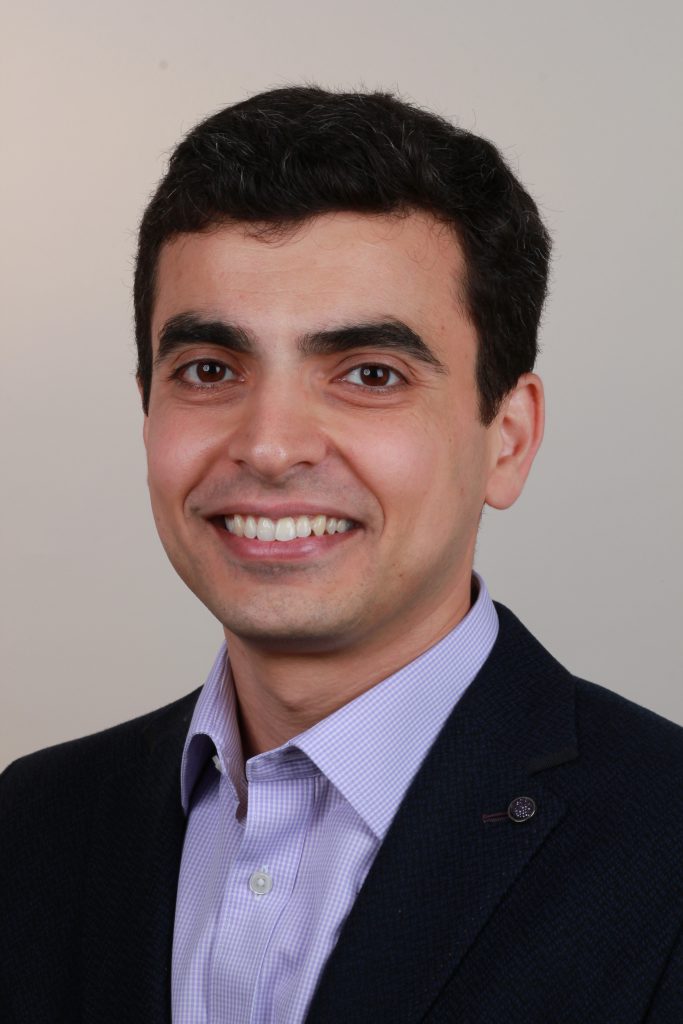Dr. Aslan Miriyev is a Senior Lecturer (Tenure-track Assistant Professor) at the Department of Mechanical Engineering at Ben-Gurion University in Israel. Dr. Miriyev is the Founder and Director of the Physical AI (PAI) Laboratory, unveiling the fundamentals of creating robots with characteristics typically associated with intelligent organisms. Previously, Dr. Miriyev was a Scientist at the Materials and Technology Center of Robotics at Empa, Switzerland, and a Visiting Researcher at the Aerial Robotics Lab in the Department of Aeronautics at Imperial College London, UK, led by Prof. Mirko Kovač. Before joining Empa and Imperial College London, Dr. Miriyev spent three years at Columbia University in the City of New York as a postdoctoral researcher in the Creative Machines Lab, directed by Prof. Hod Lipson. Dr. Miriyev obtained his Ph.D. degree in Materials Engineering from Ben-Gurion University.
Contact information:
Email: miriyev@bgu.ac.il
Web: aslanmiriyev.com
Lab: labpai.com
Title: “On the physical part of AI”
My talk will focus on the path to creating lifelike robots that will live and work alongside humans in symbiotic ecosystems. The intelligent behavior of such cooperative robots will result from a close interaction between their ‘brains’, ‘bodies’, and the environment. The digital artificial intelligence (AI) of robots’ brains has strongly advanced in the past decades, while the development of materials and structures for robots’ ‘bodies’ has dramatically lagged. We recently coined the term “Physical Artificial Intelligence” (PAI)[1] – the physical counterpart of digital AI, responsible for body intelligence. PAI refers to the theory and practice of synthesizing robotic systems capable of performing tasks typically associated with intelligent organisms. PAI may be created by co-evolving the actuation, sensing, control, and morphology while inherently considering the aspects of materials, design, and fabrication. While potentially a core component of Industry 5.0, PAI robots may also assist humans outside the industrial environment, potentially revolutionizing healthcare, elderly care, public safety, education, and facilitating our daily routine.
[1] Aslan Miriyev, Mirko Kovač, Skills for Physical Artificial Intelligence, Nature Machine Intelligence, 2020.
